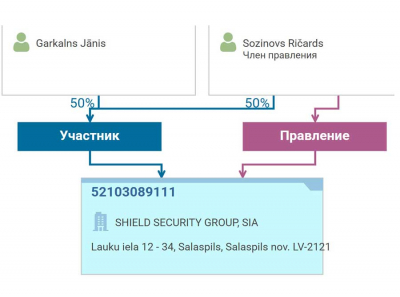Twyla Baker: A Critical Exploration of Her Impact on Education and Advocacy
Introduction
Twyla Baker has emerged as a prominent figure in the realms of education and social advocacy. Renowned for her innovative teaching methods and her unwavering commitment to educational equity, Baker has made significant strides in transforming classrooms and communities alike. This article critically examines her contributions to education, her advocacy efforts, and the broader implications of her work on the future of teaching and learning.
Innovative Teaching Practices
Twyla Baker
One of Baker’s most significant contributions to education is her emphasis on innovative teaching practices. Her approach often blends traditional pedagogy with modern techniques, fostering an engaging and inclusive learning environment. Baker has been instrumental in integrating technology into the classroom, utilizing digital tools to enhance student engagement and learning outcomes.
Her commitment to personalized learning is another hallmark of her teaching philosophy. By recognizing the diverse needs of her students, Baker tailors her instructional methods to accommodate different learning styles and paces. This focus on student-centered learning not only empowers students but also encourages them to take ownership of their education, leading to improved academic performance and self-esteem.
Advocacy for Educational Equity
Beyond her work in the classroom, Baker is a passionate advocate for educational equity. She has dedicated her career to addressing systemic barriers that prevent marginalized students from accessing quality education. Through her initiatives, Baker has worked tirelessly to ensure that all students, regardless of their socioeconomic background, have the resources and support they need to succeed.
Baker’s advocacy efforts extend to policy reform, where she collaborates with local and national organizations to influence legislation that promotes educational equity. Her ability to engage with policymakers and stakeholders has led to the implementation of programs designed to provide additional support for under-resourced schools. This systemic approach highlights Baker’s understanding that meaningful change requires not only grassroots efforts but also structural transformation within the education system.
Community Engagement and Mentorship
Baker’s influence extends beyond the classroom and the realm of policy. She actively engages with her community, emphasizing the importance of collaboration between educators, parents, and local organizations. By fostering partnerships, she has created a network of support that benefits both students and families, demonstrating that education is a communal effort.
In her role as a mentor, Baker has inspired countless educators to adopt her innovative practices and advocacy strategies. Her workshops and training sessions have empowered teachers to embrace creativity and flexibility in their teaching, ultimately enriching the educational experience for students. This ripple effect underscores the importance of mentorship in creating a culture of excellence and equity in education.
Challenges and Criticisms
Despite her many contributions, Baker's work is not without challenges and criticisms. Some educators argue that her focus on technology and innovative practices may overlook the importance of foundational skills in literacy and numeracy. Critics contend that while engagement is essential, it should not come at the expense of mastering core competencies. This critique raises important questions about the balance between innovative pedagogy and traditional educational values.
Additionally, Baker’s advocacy efforts, while commendable, face systemic obstacles that can hinder progress. The complexity of educational policy and funding disparities poses significant challenges to implementing lasting change. Critics argue that without addressing these systemic issues, even the most well-intentioned efforts may fall short of their goals.
Conclusion
Twyla Baker’s impact on education and advocacy is undeniably significant. Her innovative teaching practices and commitment to educational equity have inspired educators and transformed classrooms across the country. However, her work also highlights the ongoing challenges within the education system, prompting critical discussions about the balance between innovation and foundational learning.
As education continues to evolve, Baker’s contributions serve as a reminder of the importance of creativity, collaboration, and advocacy in fostering an equitable learning environment. Moving forward, it is essential to build upon her successes while critically examining the challenges that remain, ensuring that all students have the opportunity to thrive in a supportive and engaging educational landscape.










